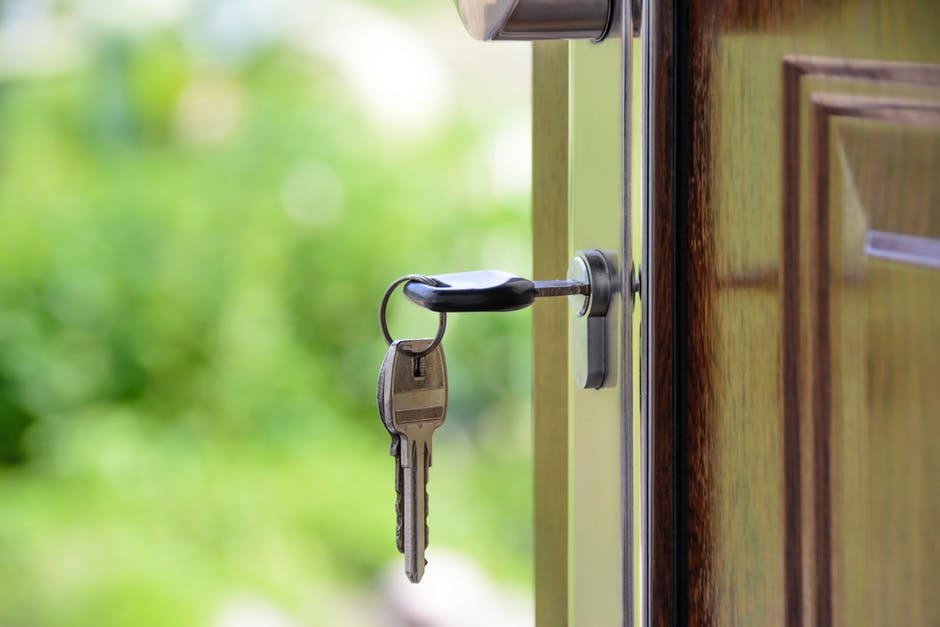Homes in the United States spend an average of 65 to 93 days on the market when selling.
Getting the homes ready, finding a new place, and packing can be a lot to manage in this short time.
Unfortunately, while taking care of other details, you may notice some issues in the home after closing.
Continue reading to discover some of the most common house issues after closing that people experience.
1. Pest Damage
A typical maintenance problem that new home buyers may experience is termite and pest infestation.
If you moved into the house and noticed that areas weren’t properly taken care of, you may have also seen damage from pests. You must get an inspector that will check the home for any damage while you are selling.
The inspector should check for wood damage from termites and carpenter ants to help you avoid future headaches. The worst thing that could happen is that you discover termites and pests in your new home.
People that discover this issue often decide to abandon the property. They typically leave it for the lender to deal with. You can also work with the seller to see if they will pay for fixing or replacing the damage.
2. One Party Gets Cold Feet
One of the most common house issues after closing is a party backing out because of cold feet.
The most important thing that you must do is focus on your home inspection checklist to get your end of the deal taken care of. Most of the time, deals go through and people don’t back out on them.
Most contracts will have details about appropriate reasons for backing out without penalty.
When the seller backs out because of cold feet, you are legally able to collect damages from them. When this happens, it is out of your control and you weren’t the one to break the contract. Talk with a professional for
If you are the one getting cold feet and considering another home, you may lose money. In the time that the house was off of the market for your deal, the seller lost chances for serious considerations. This is why you will likely owe them compensation.
3. Low Appraisals
Appraisals can be boring or exciting, especially if your house appraisal comes in high.
But what happens when it is a low appraisal?
Appraisers typically work with banks and evaluate a home for taxation purposes. They are used to help get financing and to sell homes. Depending on the current market, they can decide on the value of the property.
When this value is lower than expected, you may want to get a second opinion. If the appraisal is too low, you may have to pay cash for a selling price difference. Appraisals help protect the interest of the home and should be done thoroughly.
They help the buyer and lender from overspending. You can talk with the seller and figure out how to handle your situation, based on your circumstances.
4. Your Home Is Flood Zone
Having your inspector check for water damage can give you a lot of insight into the home.
With this information, you may discover that the house is in a lower area that is prone to flooding. Searching online or talking to local neighbors and businesses about the common issues in the neighborhood can help.
Water damage can pass initial inspections when it is covered with fresh coatings of paint or covered by carpet. Your inspector should check the internal parts of your home to verify that there is no water damage and that flooding isn’t an issue.
Depending on the lender, you may have to buy hazard or flood insurance to keep your belongings safe. Unfortunately, this can become expensive. Talking with as many people as you can will give you the best insight into solutions and cheaper insurance if you have to buy it.
5. You Can’t Get Insurance
Did you recently move into a home and try to get insurance with no luck?
When past homeowners make large insurance claims, it can affect you getting coverage. The large claim with show up on the home insurance records and it may be viewed as too big of a risk to cover.
Most of the time these claims come from mold and water damage.
Unless you bought a home with cash, you shouldn’t be able to move in without insurance. Typically you must have insurance coverage before being able to live there and you will need it even after the mortgage is paid.
Although you can still buy a house without insurance when you pay cash, it is not a recommended way of buying your next place. A home without insurance can lead to a loss of valuable items that you won’t be able to get back or replace.
Avoid These House Issues After Closing With Our Help
Getting a new house is an exciting step into the future.
Unfortunately, for some people, they are surprised by unwanted things. Utilizing this guide can help you prepare for house issues after closing to have a smooth transition.
Unfortunately, things go wrong and they are out of your control. With the help of home inspectors, you can avoid paying extra money for insurance and fixing the damage. In some cases, you may be able to work with the seller to get them to cover expenses.
It is important to pay attention to the details after moving into a new home to avoid unfortunate discoveries along the way.
Be sure to schedule an inspection with our team today, we can help protect your investments in real estate!

